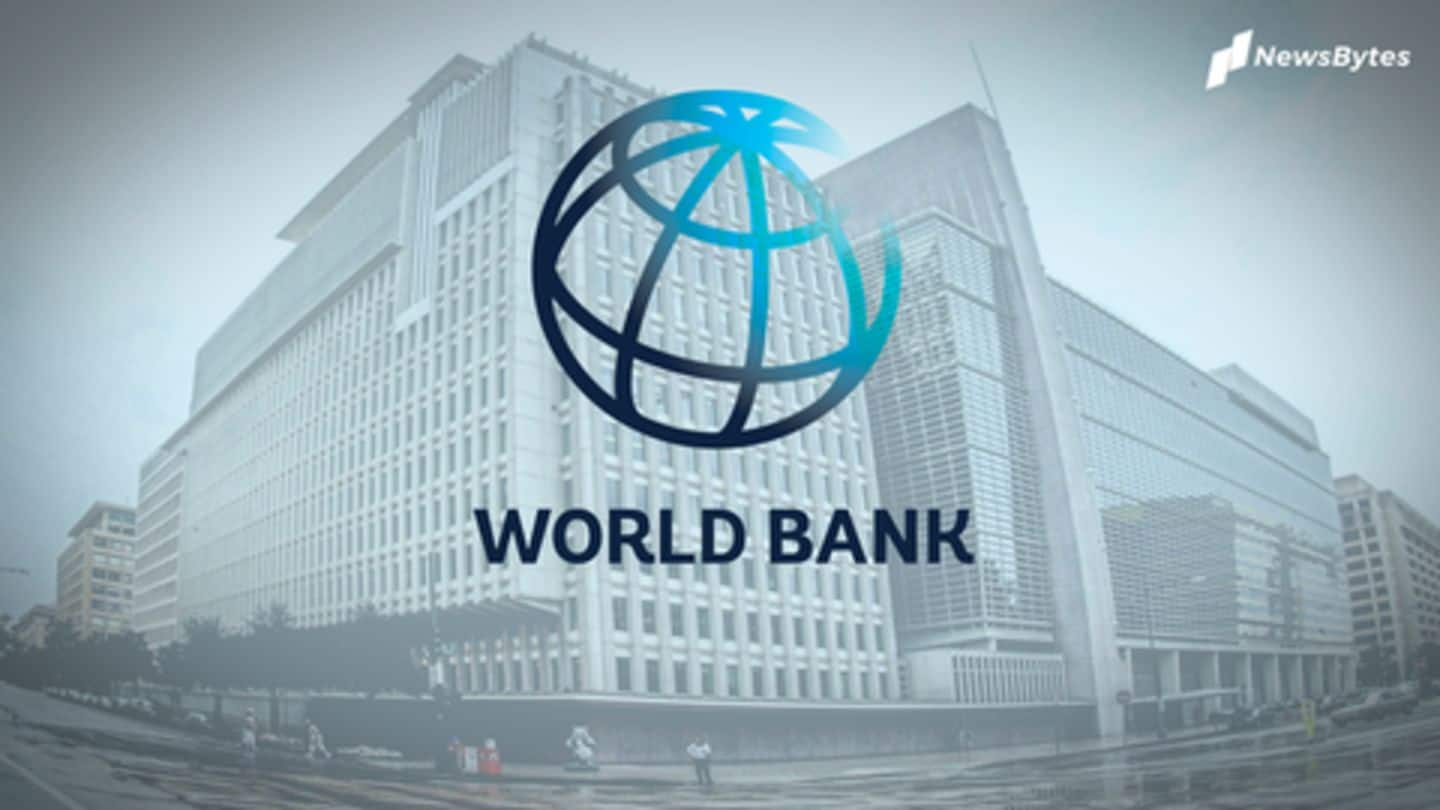
World Bank announces $1 billion social protection package for India
What's the story
In the fight against coronavirus, the Indian government has got support from the World Bank. On Friday, the global bank announced a $1 billion social protection package for the programs of the government of India.
This comes days after Prime Minister Narendra Modi announced a Rs. 20 lakh crore package to help India's battered economy and make it self-reliant.
Here are more details.
Data
Over 2,500 died of COVID-19 in India
By Friday, India had lost 2,648 people to COVID-19, the fatal disease caused by the virus which originated in China. The number of cases stands at 82,000.
Maharashtra continues to remain the worst-affected state with 27,524 cases and 1,019 deaths.
To keep a check on the transmission of the virus, India was locked down on March 25. The restrictions were extended twice.
Details
Package will help India integrate social security schemes: World Bank
About the package, the bank said this will help India integrate its 400-plus social security schemes.
"The project will be crucial to rebalancing social security towards urban poor, as much as rural. I think PMs 'Atmanirbhar mission' is very important in terms of directions and India is not making a distinction between life and livelihoods in the aftermath of COVID-19," Country Director Junaid Ahmad said.
Mission
PM Modi said India will come out stronger
The Aatmnirbhar mission is the name given to the package which PM Modi announced on Tuesday. He had said India knows how to step up during the time of crisis and should look within for solutions.
The package, he said, fulfills demands of all sectors — MSMEs, tax-payers, migrant workers, farmers, and industrialists.
Finance Minister Nirmala Sitharaman gave its details on Wednesday and Thursday.
Aftermath
Economy took a hit after lockdown, migrant workers suffered
The lockdown brought India's economy to a screeching halt and left thousands jobless. The worst-hit were the migrant workers, who were left penniless and without any food on their plates.
They started walking towards their home states, as modes of transportation were suspended. After weeks of ordeal, the government ran trains for them, but migrants still kept walking, perhaps unaware of the facility.